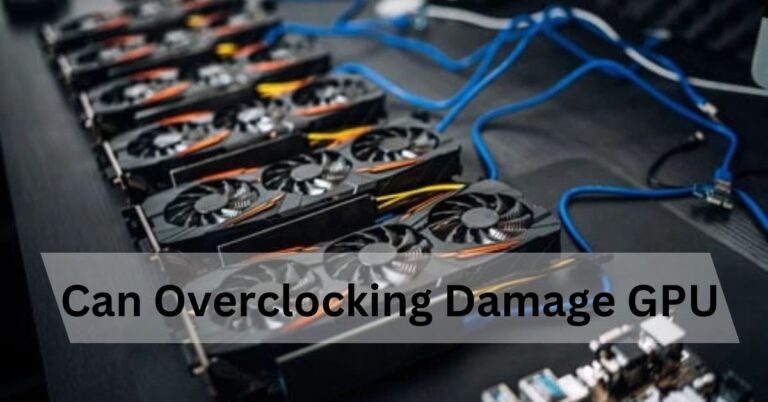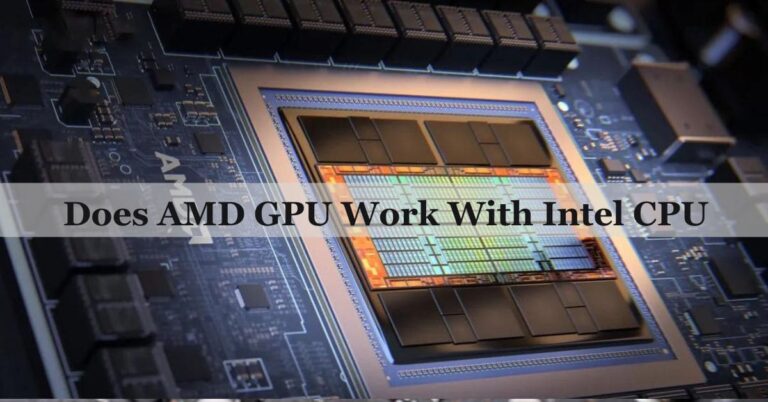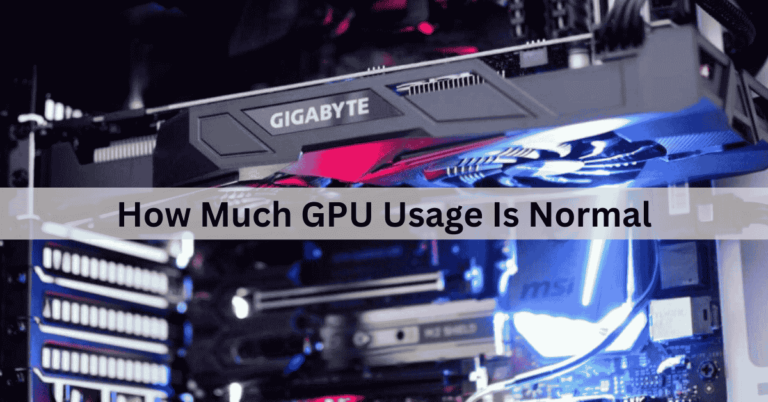What Is a Good GPU Clock Speed MHz – Unlocking Performance!
I’ve found that a good GPU clock speed in MHz depends on the games I play and my setup. For smoother performance, I aim for higher speeds, usually around 1500-1800 MHz, to boost my gameplay.
A good GPU clock speed in MHz varies, but for gaming, speeds around 1500-1800 MHz are generally effective. Higher clock speeds can improve performance, though the best speed depends on your GPU model and cooling setup.
In this article, we’ll talk about what makes a good GPU clock speed in MHz. We’ll explore what clock speed means, how it affects performance, and what range works best for different types of gaming and tasks.
Understanding GPU Clock Speed!
GPU clock speed, measured in MHz (megahertz), tells us how fast the graphics card processes data to create visuals on your screen. Higher clock speeds generally mean faster rendering, which is especially important for gamers and designers. The GPU’s clock speed directly affects how smoothly it can handle tasks, whether that’s loading detailed game environments or managing high-quality video editing.
But clock speed isn’t the only factor to consider! Other components, like memory and cooling, also impact performance. While a high clock speed can boost your experience, balancing it with proper cooling and a compatible setup ensures you’re getting the best, stable results for your needs.

Choosing the Best GPU Clock Speed in MHz for Your Setup!
When choosing the ideal GPU clock speed in MHz for your setup, it’s important to consider your specific needs. Gamers often look for higher clock speeds, around 1500-1800 MHz, to handle demanding graphics smoothly, while casual users or those focused on basic tasks may be fine with lower speeds. The higher the clock speed, the faster the GPU can render graphics, but this can also increase heat and power use, so balance is key.
Beyond just speed, compatibility with your CPU and cooling system matters. Overclocking, or increasing the GPU’s clock speed beyond the default, is a popular way to boost performance, but it can cause overheating if your cooling system isn’t up to par. Choosing the best clock speed for your setup means matching your GPU’s speed with a system that can support it, maximizing performance without risking stability.
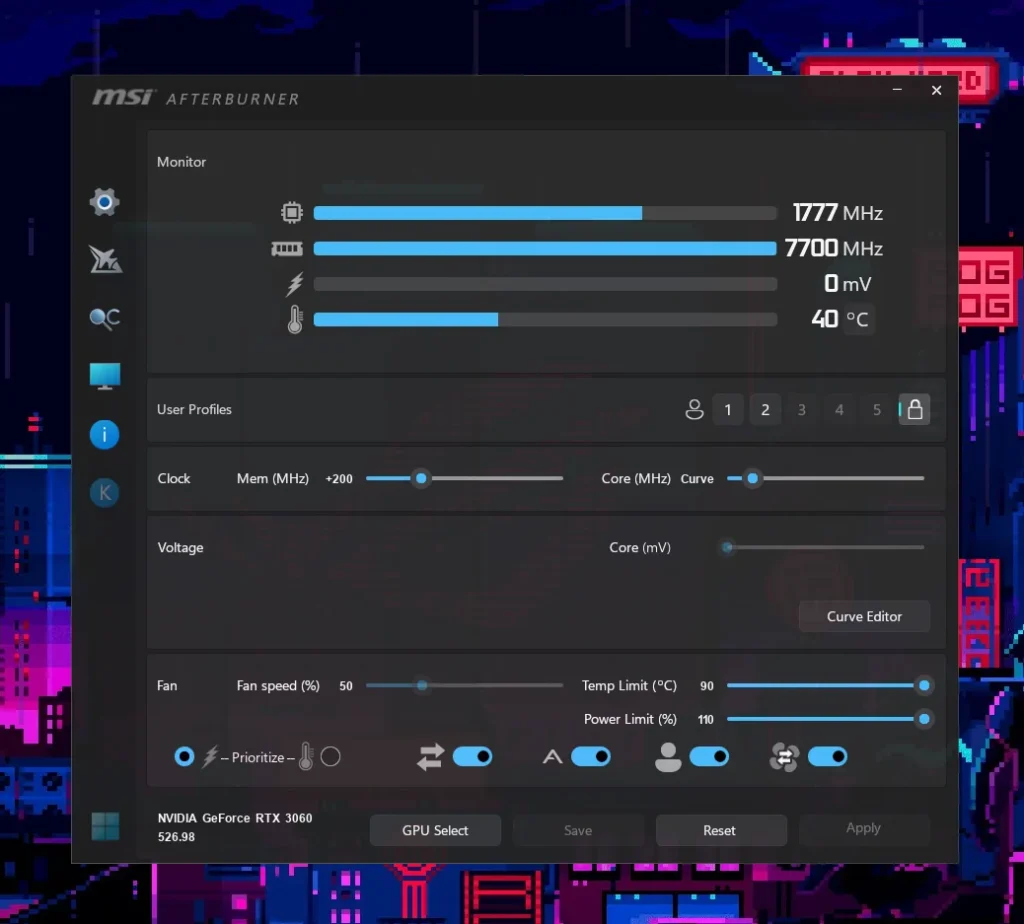
How GPU Clock Speed in MHz Impacts Your Gaming Performance!
The Role of GPU Clock Speed in Rendering Smooth Graphics:
GPU clock speed is key in how quickly your graphics card can render game visuals. A higher clock speed allows for faster processing of textures, lighting, and shadows, giving you a more seamless gaming experience. With the right clock speed, you’ll notice improved image quality and reduced motion blur, especially in fast-paced games.
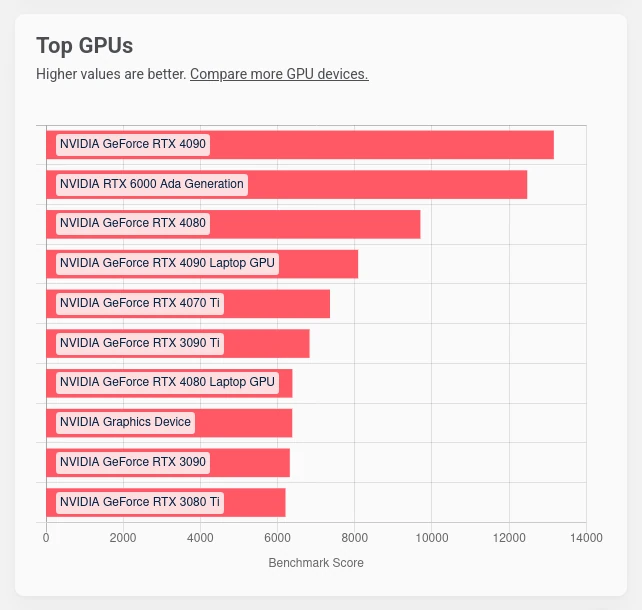
Understanding Frame Rate and GPU Clock Speed:
A good GPU clock speed can directly impact frame rate, which is essential for fluid gameplay. Faster speeds let your graphics card generate more frames per second (FPS), providing smoother motion on the screen. Low clock speeds can limit FPS, leading to choppy visuals that disrupt your gaming flow.
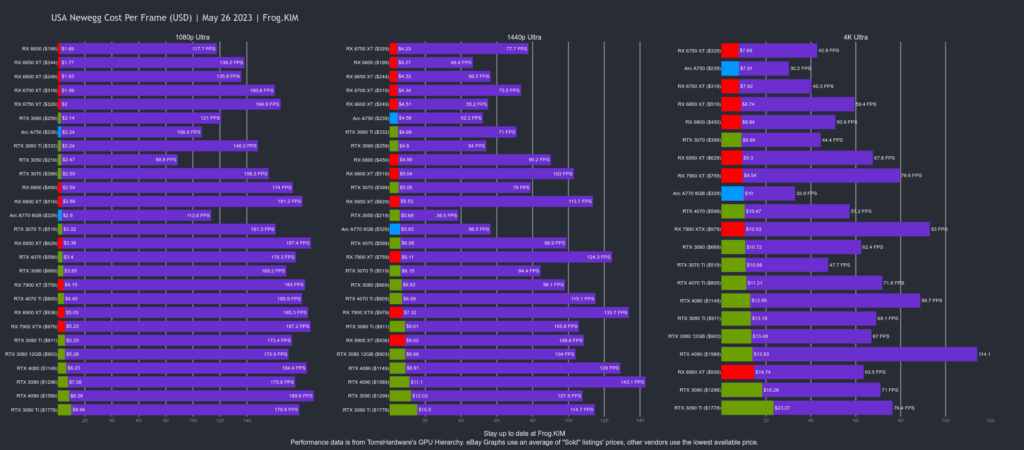
Matching GPU Clock Speed to Your Display’s Capabilities:
It’s important to align your GPU’s clock speed with the refresh rate of your monitor. If you’re gaming on a 144Hz display, a higher clock speed helps you reach and sustain a higher FPS to match that refresh rate. Otherwise, you may not get the full advantage of a high-refresh-rate monitor.
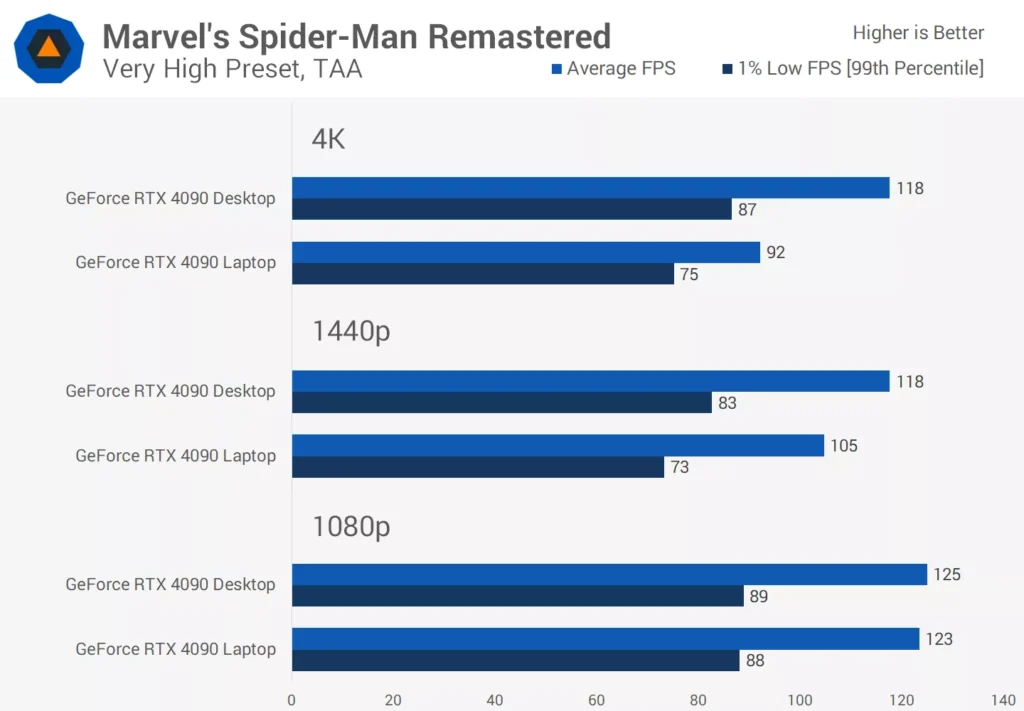
What Is the Ideal GPU Clock Speed in MHz for Smooth Graphics?
The ideal GPU clock speed in MHz for smooth graphics typically falls between 1500 and 2000 MHz, depending on the GPU model and your gaming needs. For high-performance gaming or rendering detailed graphics, a higher clock speed can help process frames more quickly, delivering sharper, more fluid visuals. However, it’s important to match the clock speed with the rest of your system to avoid bottlenecks, ensuring your CPU and other components can keep up.
That said, the “ideal” clock speed also depends on the games you play. Casual or less demanding games can run smoothly at lower clock speeds, while more demanding titles like AAA games benefit from faster speeds. A good balance between clock speed, cooling, and power usage will provide the best results without causing overheating or excessive power draw.

Do You Need a High GPU Clock Speed?
Gaming Benefits:
- For high-performance gaming, a higher clock speed is beneficial for handling detailed textures and complex graphics.
- Games with intense visuals, like AAA titles, benefit from faster clock speeds for better responsiveness.

Other GPU Tasks:
- Besides gaming, tasks like video editing and 3D rendering also benefit from higher clock speeds.
- Faster speeds can speed up these processes, making work more efficient.
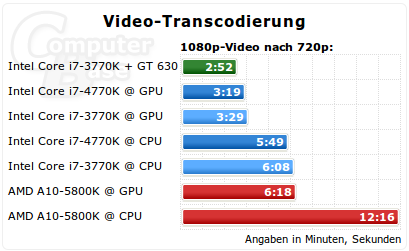
Balancing with Cooling:
- High clock speeds generate more heat, which can lead to overheating if not properly cooled.
- Ensure you have an adequate cooling system to maintain stable performance at high speeds.

Why GPU Clock Speed Matters!
GPU clock speed matters because it directly impacts how quickly your graphics card can process data, affecting everything from game performance to video rendering. A higher clock speed allows the GPU to handle complex textures, lighting, and animations faster, resulting in smoother and more responsive graphics. This is especially important for gamers who want to enjoy fluid gameplay without lag or stuttering.
In addition to gaming, clock speed plays a key role in other GPU-intensive tasks, such as 3D modelling and video editing. The faster the GPU can process information, the quicker these tasks are completed. However, higher clock speeds often generate more heat, so proper cooling is essential to maintain consistent performance without overheating or damaging the components.
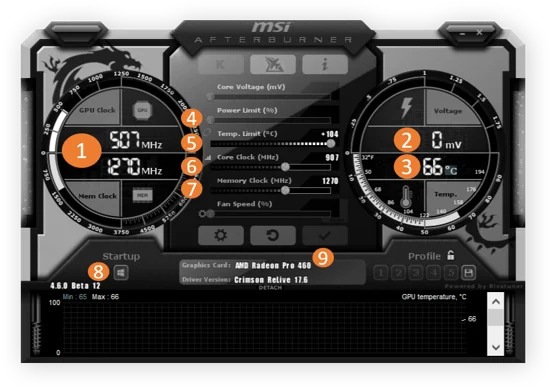
FAQs:
What is GPU clock speed, and why does it matter?
GPU clock speed refers to how fast the graphics card can process data. It’s important because higher clock speeds lead to faster performance and smoother graphics in games and other tasks.
How do I know if my GPU clock speed is good?
A good GPU clock speed depends on your needs. For gaming, speeds around 1500-2000 MHz are often ideal. Lower speeds might be fine for everyday use but can limit performance in high-end games.
Does a higher GPU clock speed always mean better performance?
Not always. While a higher clock speed can improve performance, other factors like the GPU’s architecture, cooling system, and power supply also affect overall efficiency.
What’s the average clock speed for gaming GPUs?
Gaming GPUs typically have clock speeds ranging from 1500 MHz to 2000 MHz. However, some high-end models can reach speeds above 2000 MHz for better performance.
Can I improve my GPU’s clock speed?
Yes, you can overclock your GPU to increase its clock speed, but this can lead to higher temperatures and power usage. Make sure you have good cooling before attempting to overclock.
Is there a “perfect” GPU clock speed?
There isn’t a one-size-fits-all answer. The ideal clock speed depends on your GPU model and what you use it for. For gaming, a speed closer to 2000 MHz usually offers smooth gameplay.
How does GPU clock speed affect gaming visuals?
A faster GPU clock speed helps render detailed textures, lighting effects, and smooth motion. It reduces lag and stutter, especially in graphically demanding games.
What happens if my GPU clock speed is too low?
If your GPU clock speed is too low, you might experience lag, lower frame rates, or poor-quality visuals, especially in graphics-heavy games.
Can I use a lower GPU clock speed for simple tasks?
Yes, for tasks like web browsing, watching videos, or basic work, a lower GPU clock speed is often sufficient and won’t impact performance.
How does GPU clock speed compare to CPU clock speed?
While both affect performance, GPU clock speed impacts graphics rendering, while CPU clock speed affects processing tasks. Both need to be balanced for optimal system performance.
Final Words:
In conclusion, the ideal GPU clock speed in MHz depends on your gaming or task requirements. For smoother gameplay, speeds between 1500-1800 MHz are often effective, but higher speeds are beneficial for demanding tasks. Balancing clock speed with cooling and system compatibility ensures optimal performance without overheating, providing the best overall experience.


